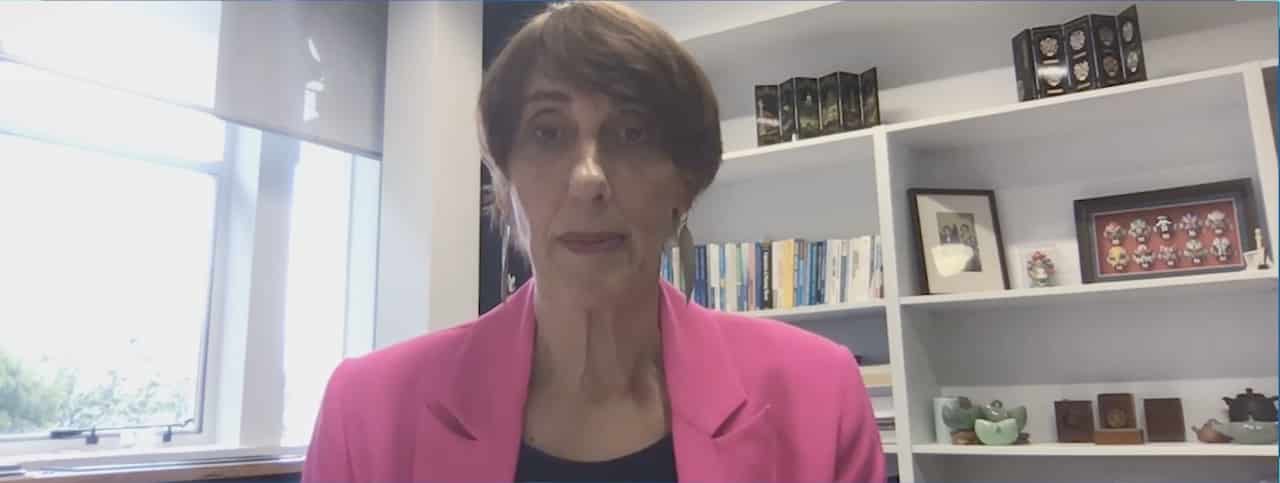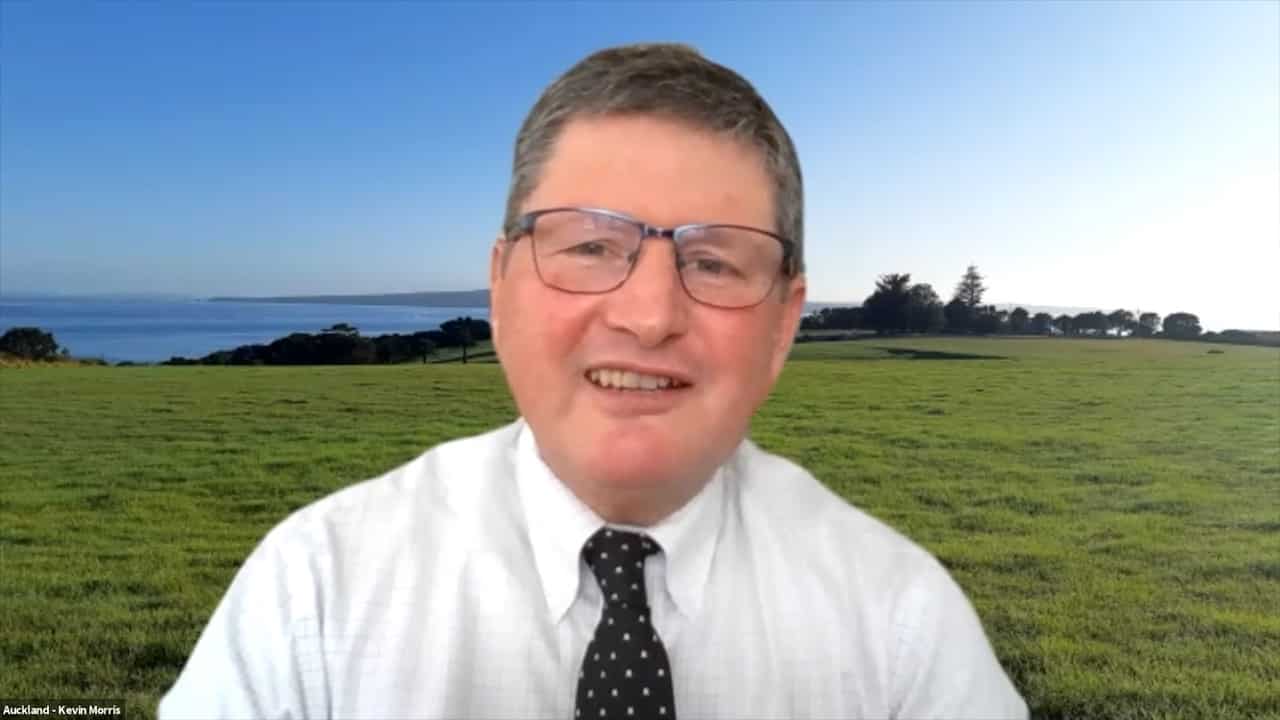The University of Auckland is primarily a campus-based learning institution with 4 campuses, 8 Faculties and 42,000 students. Its City Campus located in the downtown area.
In recent years, the institution has made investments in the development of MOOCs via Futurelearn and more recently have built an “Auckland Online” platform to offer postgraduate degrees. The ongoing development of a learning technology ecosystem has allowed programmes to develop the capacity for blended and flexible learning options. A central learning design team now supports strategic projects and the development of programmes for new modes of delivery. Through COVID this year, we have also learned to operate in an emergency online mode and this experience has created a lot of interest among academic staff about alternative teaching methods and assessment options. The University of Auckland welcomes the opportunity to share experiences in this Alliance and thank Tsinghua University for its leadership and initiative to create this group.
Additionally, The University of Auckland is part of the United Nations Academic Impact, an intiative that aims to align tertiary institutions to contribute to realising the United Nations Sustainable Development Goals. In 2020, the University was appointed as the official United Nations Academic Impact hub for SDG 4, Quality Education. Hosting a hub is a great privilege, and reaffirms our long-standing commitment to ensure inclusive and equitable quality education and lifelong learning opportunities for all.
Representatives on Board & Executive Committee
Professor Jenny Dixon is Deputy Vice-Chancellor (Strategic Engagement) at the University of Auckland. She is responsible for international education and international relations, government and stakeholder engagement in New Zealand, alumni relations and development and pacific strategy and engagement. Through her international portfolio, Professor Dixon has oversight of the Auckland Confucius Institute and is also Chair of the New Zealand Centre at Peking University Advisory Board.
Professor Dixon joined the University of Auckland in 2001 as Professor of Planning, having previously held academic positions at Massey University and the University of Waikato, following an early period as an urban planner in local government and consultancy. She was appointed Head of the School of Architecture and Planning in 2007 and later Dean of the National Institute of Creative Arts and Industries in 2009. She took up her appointment as Deputy Vice-Chancellor (Strategic Engagement) in October 2012.
Professor Dixon’s research has focused on urban development and policy, environmental governance and sustainable design. Throughout her career, she has maintained strong interdisciplinary interests in research and teaching. She is a recognised leader in the urban field through her interdisciplinary research and teaching interests across the broad spectrum of disciplines that constitute the built environment.
Professor Dixon chairs a number of University and external bodies, including the University’s Creative Thinking Board, an initiative that promotes the value of creativity in education, business and the community. She represents the University on several international organisations, including Universitas 21 (U21), Association of Pacific Rim Universities (APRU) and Asia-Pacific Association for International Education (APAIE). Professor Dixon chairs the U21 Senior Leaders Group and is Chair of the APRU Asia-Pacific Women in Leadership steering group.
Dr Kevin Morris, the Director of Learning and Teaching at the University of Auckland, attended the College from 1981 to 1985.
In 2001, Kevin returned to Boston and took on a role at Harvard Business School, which he describes as a steep learning curve but one which transformed his educational beliefs and expectations. He became proficient in the school’s renowned ‘case method’ teaching approach, which recounts real life business or management situations and places students in the role of decision maker, and ultimately prepares them for workplace leadership. In 2003, the University of Auckland Business School expressed an interest in developing this learning technique. This year Kevin left the Business School to take on his current role, which he says is a great honour and a fantastic challenge. The changes in educational technology, he says, are providing opportunities to enhance the quality of learning and the way we think about school experiences.


